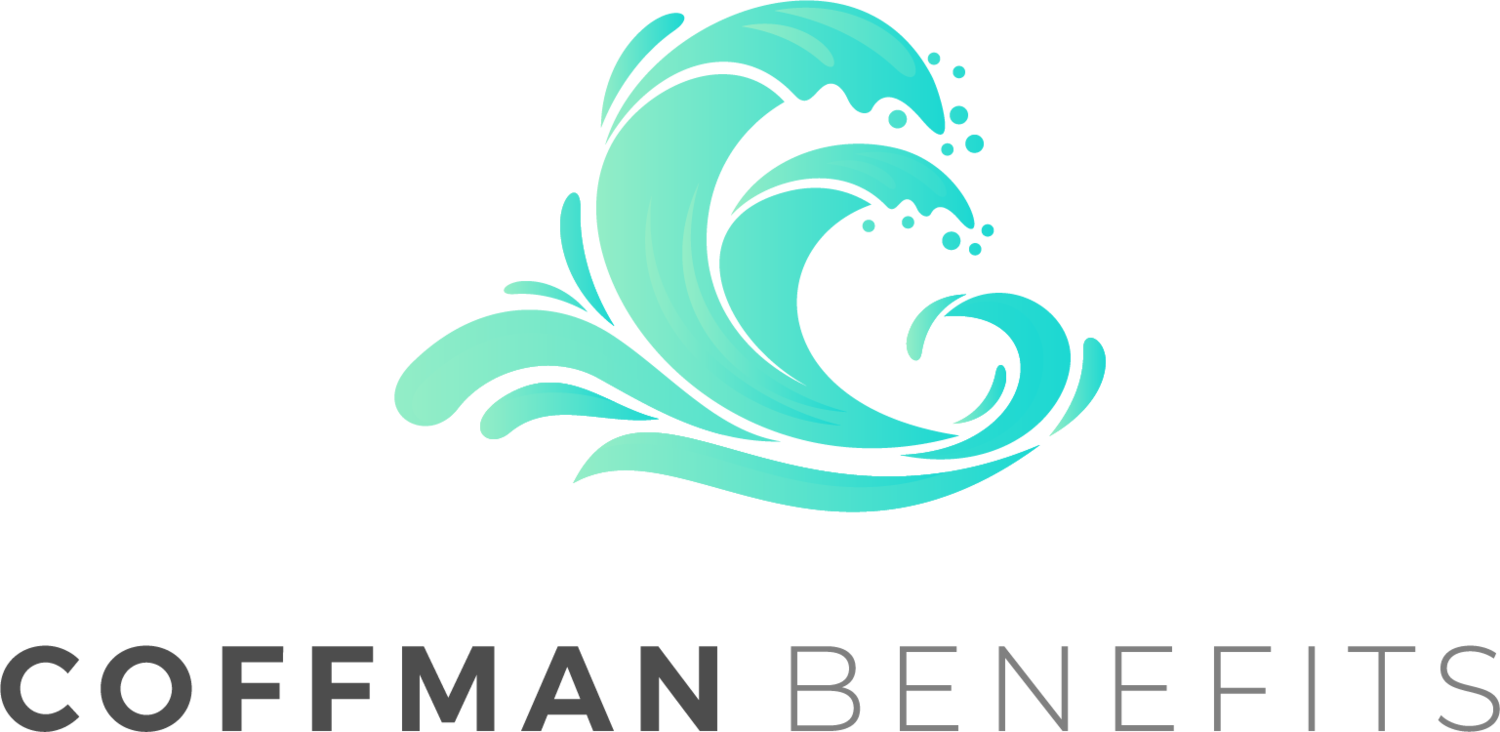|
Congress Passes Coronavirus Law Requiring Paid Employee Leave
On Wednesday, March 18, 2020, the U.S. Senate voted to approve a coronavirus relief bill (the Act) that was passed by the U.S. House of Representatives over the weekend. President Trump is expected to sign the bill into law.
The Act requires employers to provide paid leave for some employees related to the coronavirus (COVID-19) pandemic, among other measures. The Act takes effect no later than 15 days after it is signed by the president.
Emergency Paid Sick Leave
The Act requires two weeks of paid sick leave for government workers and employees of companies with fewer than 500 employees. Leave must be made available immediately to workers who are symptomatic or are under an order or advice to quarantine or self-isolate, who have to care for a family member under such an order or advice, or who have a child whose school or child care facility has closed (or whose child care provider is unavailable) due to the coronavirus.
Emergency Family and Medical Leave Act
The Act provides FMLA rights for some employees of companies with fewer than 500 employees, requiring partially paid leave after 10 days when an employee is unable to work or telework due to school or child care closures related to the coronavirus.
Other Provisions
The Act provides funding for economic assistance and requires health plans to cover COVID-19 testing at no charge. A refundable tax credit for employers that provide paid leave benefits as required by the Act is also included. The U.S. Treasury is expected to use its regulatory authority to advance funds to some small businesses to cover the cost of providing paid sick leave.
House of Representatives Passes Corrected Coronavirus Relief Bill
On Monday, March 16, 2020, the U.S. House of Representatives unanimously approved technical corrections to the Families First Coronavirus Response Act (the “Act”) that make substantive changes to its provisions. The U.S. Senate may take up the bill on Tuesday, March 17. The bill must be passed by both the House and Senate, and signed by the president, to become law.
Emergency Paid Sick Leave
The Act would require 14 days of partially paid sick leave for government workers and employees of companies with fewer than 500 employees. Leave would be available to some workers who are or may be sick with COVID-19, have to care for a family member with the illness or have a child whose school or childcare facility has closed due to the coronavirus.
Emergency Family and Medical Leave Act
The Act would provide FMLA rights for some employees of companies with fewer than 500 employees, requiring partially paid leave after 10 days (reduced from 14 days) in situations where an employee is unable to work or telework due to school or child care closure related to coronavirus. This provision was scaled back from the original version, which would have provided leave for other reasons.
Other Provisions
The Act would provide funding for economic assistance, including unemployment compensation, and require COVID-19 testing to be provided at no charge. A refundable tax credit for employers that provide paid sick leave benefits as required by the Act is also included.
U.S. Treasury Secretary Steven Mnuchin said in a statement that the Treasury would use its regulatory authority to advance funds to some small businesses to cover the cost of providing paid sick leave.
States Relax Unemployment Benefit Eligibility for COVID-19
As of Tuesday, March 17, 2020, several states have announced adjustments to their unemployment insurance (UI) programs for employees who are out of work because of the COVID-19 outbreak. These states include Alabama, California, Louisiana, Pennsylvania and Wisconsin. Additional states are expected to issue similar guidance in the near future.
Each state administers a separate UI program, but all states follow the same guidelines established by federal law.
Federal Bill
The federal government is considering a bill that would encourage states to waive limitations on UI benefits (such as waiting weeks and work-search requirements) for COVID-19-related claims. If enacted, the Families First Coronavirus Response Act would also provide federal funds to help states pay for increased UI claims caused by the outbreak.
DOL Guidance
The ongoing wave of state adjustments to their UI benefits follows new guidance from the U.S. Department of Labor (DOL). On March 12, 2020, the DOL indicated that states may allow for UI benefits where:
An employer temporarily ceases operations to prevent employees from coming to work due to COVID-19;
An individual is quarantined with the expectation of returning to work after the quarantine is over; and
An individual leaves employment due to a risk of exposure or infection, or to care for a family member affected by COVID-19.
The DOL has also clarified that an employee is not required to quit in order to receive benefits due to COVID-19.
No Gatherings of 10 or More People, President Trump Says
In a press conference on Monday, March 16, 2020, President Donald Trump announced that Americans should avoid gatherings of 10 or more people and avoid seating at bars and restaurants to stem the spread of the coronavirus. This announcement comes one day after the Centers for Disease Control and Prevention (CDC) recently announced that gatherings of 50 or more people should be canceled or postponed for at least eight weeks, which would be until early May, due to the coronavirus disease COVID-19.
Examples of such events include weddings, festivals, parades, sporting events and any other large form of assembly.
If people choose to risk hosting events, the CDC urged them to adhere to guidelines for protecting vulnerable populations, hand hygiene and social distancing.
The effects of the coronavirus are being felt all across the country and throughout all industries.
President Donald Trump announced that Ameriancs avoid gatherings of 10 or more people and avoid seating at bars and restaurants to stem the spread of COVID-19.
Many bars and restaurants have closed or been forced to suspend operations for the next several weeks. Major sporting associations have taken similar measures and canceled games and tournaments. Even businesses like Facebook and Nike are asking workers to stay home to help limit the spread of COVID-19.
Although this recent guidance from the CDC does not apply to schools or other higher-learning institutions, many have already extended spring breaks or asked students to attend the remainder of the semester remotely.
Employer Takeaway
The COVID-19 disease has upended operations in nearly every industry, as confirmed by mass closures and a declining stock market.
Employers should consider whether they are doing enough to protect their employees and their businesses from COVID-19. Speak with Coffman Benefits Insurance Agency, Inc. for more guidance during this uncertain time.


